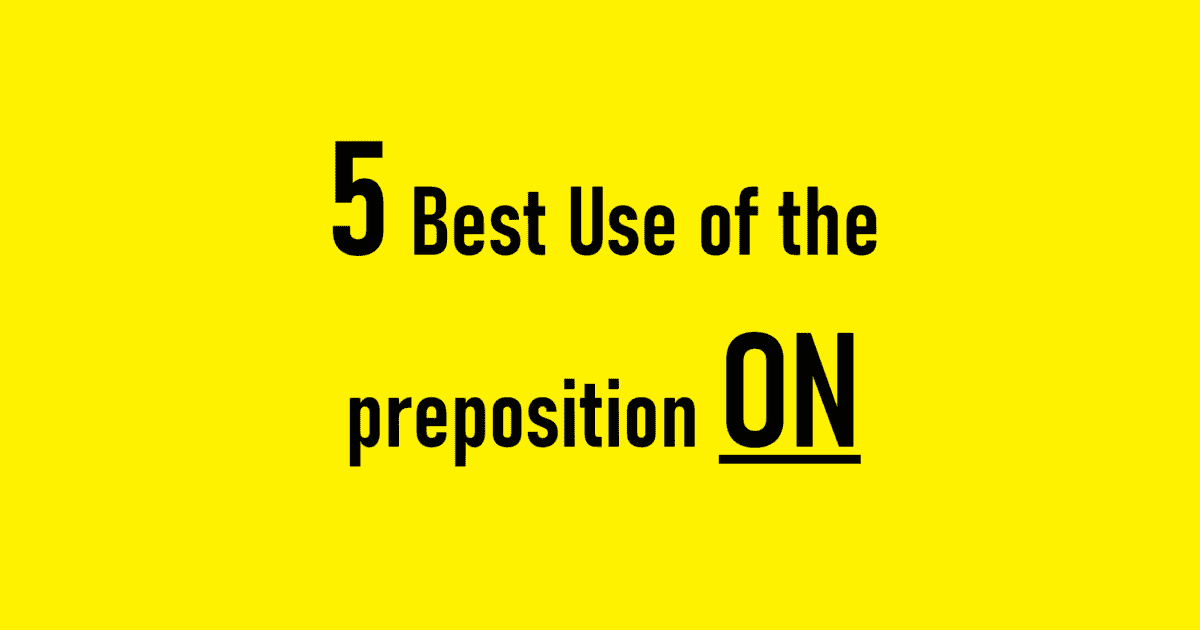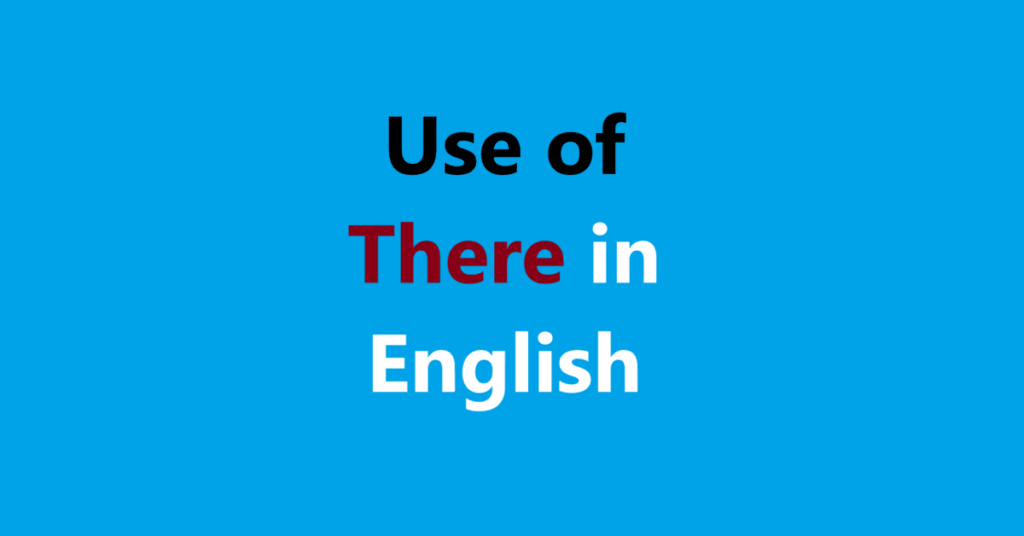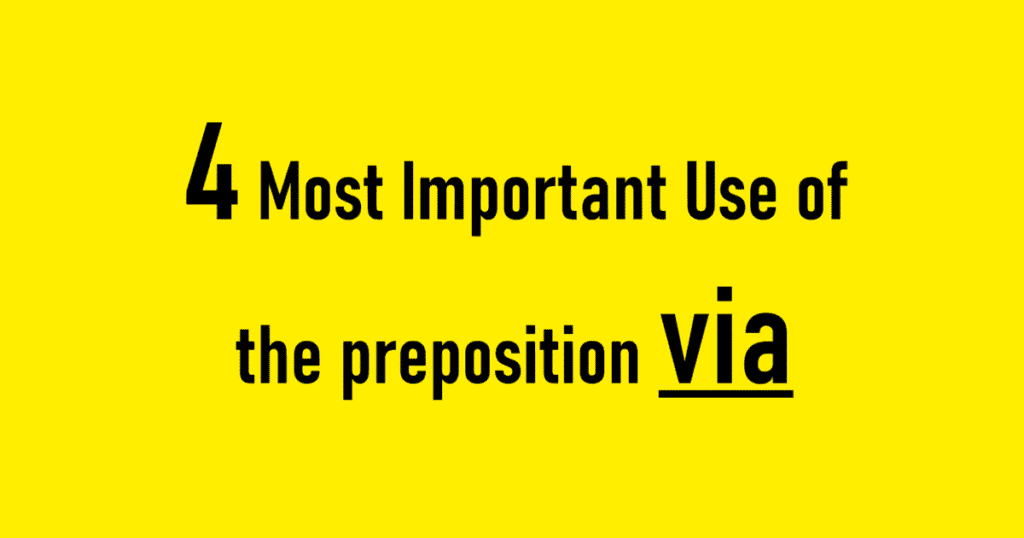Use of the preposition ON. The humble preposition “on” is a workhorse of the English language. It’s so common that we often use it without a second thought. But beneath its seemingly simple exterior lies a surprising depth and complexity. Mastering the nuances of “on” can significantly improve your writing clarity and precision. This post will serve as a comprehensive guide, exploring the various uses of “on” with examples and explanations, so you can wield this powerful preposition with confidence.
Use of the preposition ON
I. On as a Preposition of Location
This is perhaps the most common and easily understood use of “on.” It indicates that something is physically touching or supported by a surface. However, even within this category, there are subtle distinctions:
- Direct Contact and Support: This is the classic definition. Think of something resting directly on a surface.
- Example: The book is on the table.
- Example: The painting hangs on the wall.
- Example: He sat on the chair.
- Situated Along a Route or Line: “On” can indicate being located along a specific road, path, or route.
- Example: Their house is on Main Street.
- Example: The cafe is on the way to the library.
- Example: We stopped on the side of the road.
- Position Relative to a Body of Water or Landmass: “On” can signify being situated adjacent to a river, sea, or island.
- Example: London is on the River Thames.
- Example: Venice is on the Adriatic Sea.
- Example: He lives on the island of Crete.
- Specific Parts of the Body: “On” is frequently used to indicate placement or adornment on specific body parts.
- Example: She wore a ring on her finger.
- Example: He had a bandage on his arm.
- Example: She felt a drop of rain on her face.
Important Note: Distinguishing between “on,” “in,” and “at” for location can be tricky. Generally:
- “On” indicates surface contact or being situated along a line/route.
- “In” indicates enclosure within a defined space (e.g., in a box, in a city).
- “At” indicates a specific point or location (e.g., at the corner, at the library).
II. On as a Preposition of Time
“On” is used to specify dates and days of the week.
- Specific Dates:
- Example: The meeting is on June 15th.
- Example: We celebrate Thanksgiving on the fourth Thursday of November.
- Days of the Week:
- Example: I go to the gym on Mondays.
- Example: She works on weekends.
- Specific Parts of a Day (less common, more specific): While “in” is generally used for parts of the day (in the morning, in the afternoon, in the evening), “on” can be used to emphasize a particular action happening during that part of the day. This is often paired with a gerund (verb ending in -ing).
- Example: He does his best work on evenings spent alone. (Emphasis on a specific type of evening)
- Example: She found inspiration on mornings walking along the beach. (Emphasis on a specific activity happening during the morning)
III. On as a Preposition Indicating a State or Condition
“On” is used to describe a particular state, condition, or action in progress.
- Being in a State of Activity or Function:
- Example: The television is on. (Functioning)
- Example: The lights are on. (Illuminating)
- Example: The project is on schedule. (Progressing as planned)
- Example: The computer is on and connected to the internet. (Multiple states)
- Depending On: “On” can indicate dependence or reliance.
- Example: The success of the mission depends on careful planning.
- Example: He is living on his savings. (Relying on savings)
- Example: Her mood depends on the weather.
- Based On: Signifying the foundation or reason for something.
- Example: The film is based on a true story.
- Example: He was promoted on his merit. (Because of his merit)
- Example: The decision was made on the advice of the consultant.
- Concerning a Topic or Subject:
- Example: The book is on the history of Rome.
- Example: He gave a lecture on quantum physics.
- Example: They had a discussion on the current political climate.
IV. On in Phrasal Verbs and Idiomatic Expressions
“On” features prominently in a multitude of phrasal verbs and idiomatic expressions. These combinations often have meanings distinct from the individual words. Learning these requires memorization and exposure to the language. Here are just a few examples:
- Carry on: To continue. Example: Please carry on with your work.
- Get on (with): To have a good relationship or to continue doing something. Example: I get on well with my colleagues. Let’s get on with the meeting.
- Put on: To wear clothing or apply something. Example: She put on her coat. She put on makeup.
- Turn on: To activate a device. Example: Turn on the light.
- Go on: To continue or happen. Example: The show must go on. What’s going on here?
- Catch on: To understand something. Example: He finally caught on to the joke.
- Hold on: To wait. Example: Hold on a minute.
Idiomatic Expressions:
- On the whole: Generally. Example: On the whole, I enjoyed the movie.
- On purpose: Intentionally. Example: He did it on purpose.
- On time: Punctual. Example: The train arrived on time.
- On sale: Offered at a reduced price. Example: The shoes are on sale.
- On behalf of: Representing someone. Example: I’m here on behalf of my company.
V. Specific Considerations and Potential Pitfalls
- “On” vs. “Onto”: “Onto” implies movement to a surface. “On” indicates a static location. *Example: The cat jumped *onto* the table. The cat is on the table.*
- Technology and Screens: We typically use “on” for screens, whether physical or digital. Example: He’s watching TV on the screen. I saw the news on my phone. We also say something is “available on Netflix” or “listen on Spotify”.
- “On the Internet” vs. Specific Websites: We generally say we found information “on the internet,” referring to the entire network. However, we might say we found it “on Wikipedia” or “on Amazon,” referring to specific websites.
- Beware of “On” Overuse: While “on” is versatile, avoid relying on it too heavily. Consider alternative prepositions like “about,” “regarding,” or “concerning” to add variety to your writing.
- Context is Key: The meaning of “on” can change depending on the context. Pay close attention to the surrounding words and the overall message you’re trying to convey.
Conclusion
As you’ve seen, the preposition “on” is far more than just a simple word. Its multifaceted nature allows it to convey a wide range of meanings, from physical locations and dates to states of being and complex relationships. By understanding these various uses and being mindful of the subtle nuances, you can significantly enhance your communication skills and write with greater precision and clarity. Keep practicing and observing how “on” is used in different contexts, and you’ll soon master this essential element of the English language. Good luck “on” your journey to linguistic mastery!
Read Also,
- Learn all prepositions
- Use of the preposition above
- Use of the preposition about
- What is Religion
- News in Hindi
- Human vs AI
- Very Important Word Lists
>>> Sir Sahil


